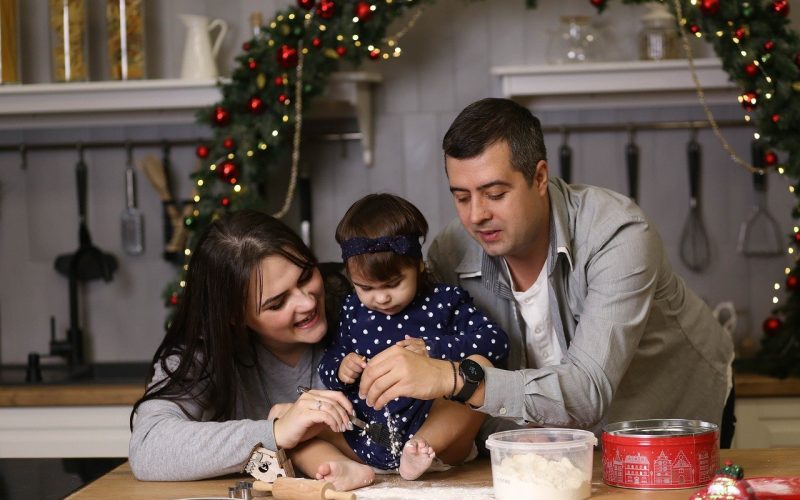Compromise is often hailed as the bedrock of any successful partnership, whether personal or professional. It involves both parties giving up something to meet halfway, ensuring that their collective needs and desires are met. Without compromise, relationships can become one-sided, with one partner constantly feeling neglected or undervalued. To assess whether you're compromising as much as your partner, it's crucial to first understand what true compromise looks like. It isn't about keeping score or calculating an exact fifty-fifty split; rather, it's about ensuring both partners feel heard, respected, and satisfied in the long run.
Identifying imbalance in your partnership
Recognising an imbalance in your partnership is the first step towards rectifying it. Take a moment to reflect on situations where you feel you're consistently giving more than you're receiving. Are you always the one making sacrifices, whether it's your time, energy, or resources? Communication patterns can also provide clues. If one partner dominates conversations or decision-making while the other remains passive, it might indicate an imbalance. It's essential to approach these reflections honestly, without letting emotions cloud your judgment.
The importance of open communication
Effective communication is paramount when addressing imbalances in a partnership. If you feel like you're compromising more than your partner, it's essential to express your feelings openly and constructively. Start by choosing a neutral setting where both of you can speak freely without distractions. Use "I" statements to express your feelings, such as "I feel like I'm sacrificing a lot of my time," rather than placing blame with "You never make time for me." This approach reduces defensiveness and fosters a more productive dialogue. Remember, the goal is to reach mutual understanding and not to win an argument.
Setting boundaries and expectations
Once you've had an open discussion about the perceived imbalance, it's time to set clear boundaries and expectations moving forward. Discuss what each partner needs to feel valued and respected. This could range from shared responsibilities at home to setting aside time for one another in a busy schedule. Ensure that both partners agree and commit to these expectations. It's beneficial to periodically review these boundaries and adjust them as necessary, ensuring they remain relevant and effective as circumstances change.
Encouraging mutual growth and support
For a partnership to thrive, both partners need to support each other's growth and aspirations. Encourage your partner to pursue their goals while also pursuing your own. This mutual encouragement fosters a sense of teamwork and camaraderie. When both partners feel supported, it reduces the likelihood of resentment building up over perceived sacrifices. Celebrate each other's achievements and be there during setbacks, reinforcing the idea that you're both in this together.
Seeking external guidance when needed
Sometimes, despite best efforts, couples may struggle to find balance on their own. In such cases, seeking external guidance can be beneficial. Couples therapy or counselling provides a neutral platform where both partners can express their feelings and concerns with the help of a trained professional. These professionals can offer invaluable insights and strategies to help partners better understand each other's perspectives and work towards a balanced partnership. Remember, seeking help is a sign of strength and commitment to the relationship, not a sign of failure.
Achieving a balanced partnership requires effort, patience, and a genuine desire for mutual happiness. By recognising imbalances, communicating effectively, setting boundaries, and supporting each other's growth, you can create a partnership where both parties feel valued and fulfilled. And if challenges persist, don't hesitate to seek external guidance to help bridge the gap.






















